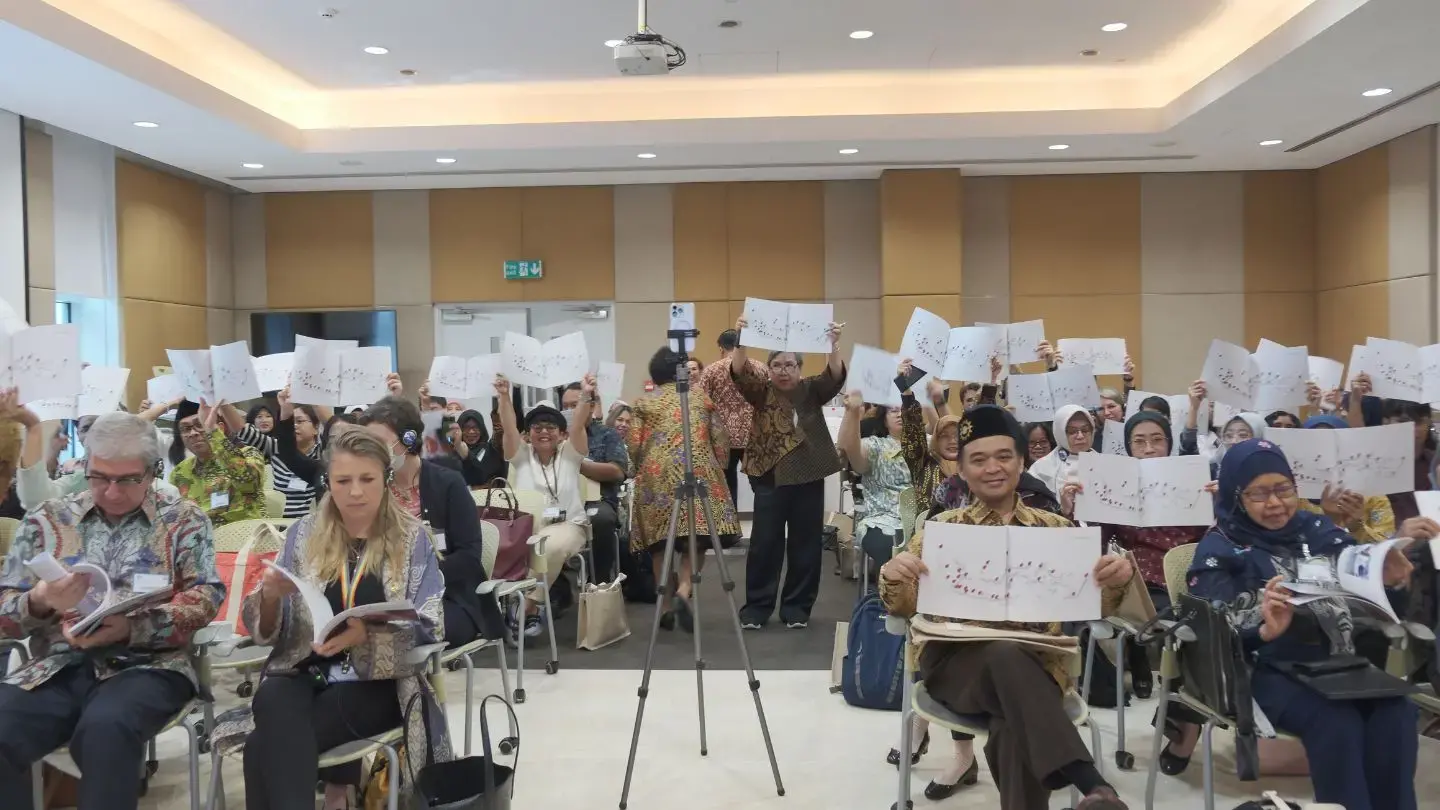Video
PPAM Kesehatan Reproduksi Pada Masa Pandemi COVID-19
Indonesia is a country that is prone to disasters. Disasters can be caused by natural, non-natural, and social factors that can cause environmental damage, loss of property and even loss of life. If a large-scale disaster occurs, it can cause disruption of health services including reproductive health services with vulnerable groups as targets. Minimum Initial Service Package (MISP) is a series of priority reproductive health activities that must be immediately implemented in the health emergency response to a health crisis in order to save lives in vulnerable groups. This video illustrates the implementation of MISP in crisis situations during the COVID-19 pandemic.. There are 6 main objectives, which are (1) To ensure the health sector/cluster identifies an organization to lead the implementation of the MISP, (2) To prevent sexual violence and respond to the needs of survivors, (3) To prevent the transmission of and reduce morbidity and mortality due to HIV and other STIs, (4) To prevent excess maternal and newborn morbidity and mortality, (5) To prevent unintended pregnancies, and (6) To plan for comprehensive SRH services integrated into primary health care as soon as possible. In Indonesia, there are two additional priorities, which are (1) Minimum Health Service for Under-five (under the coordination of Nutrition and Health Service Subclusters) and (2) Minimum Health Service for Older Persons (under the coordination of Protection and Health Clusters).


